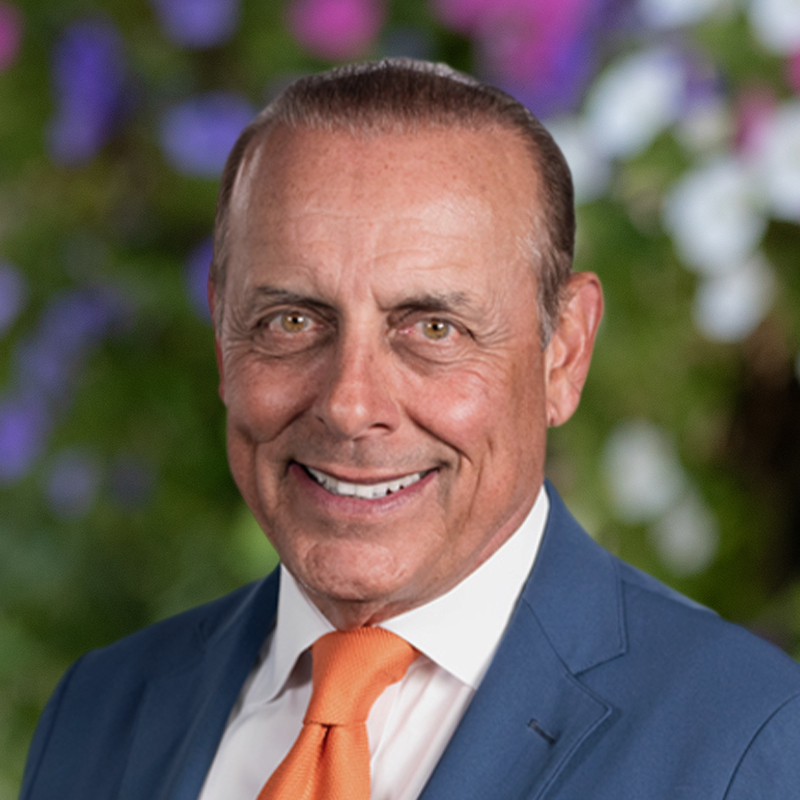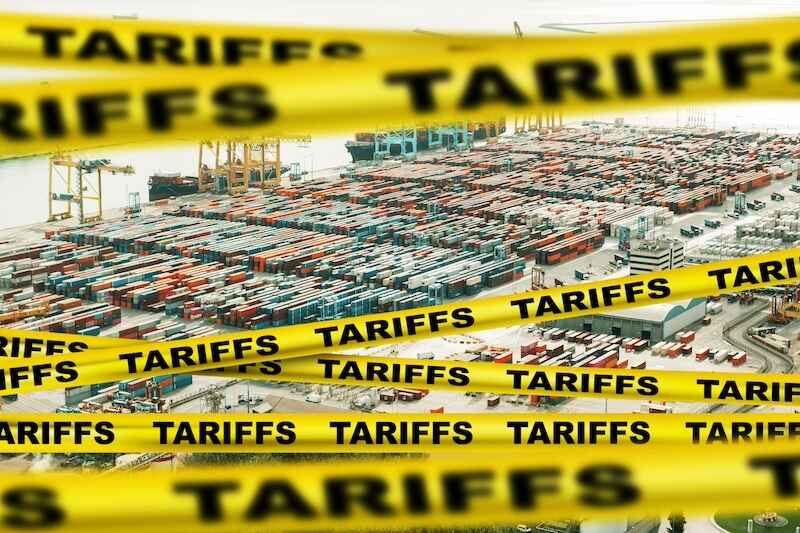Here’s Why the Fed Pulling Another “Saturday Night Massacre” Would be the Best Thing for the Markets
Shah Gilani|September 23, 2020
The Federal Reserve’s not the problem, or maybe it is.
Economic growth, job creation, narrowing the wealth gap, equal opportunity in America, are the problems, but not the Fed’s problems.
Those problems should fall on the administration in power and Congress, but instead, the Fed has made these problems their concern, and if that doesn’t change, our economy could be headed for trouble, big trouble. We’re talking a meltdown that will put the Great Recession to shame.
On October 10, 2020, the Saturday before Columbus Day, the Fed should announce a new role for itself, one that will shake up markets, politics, and the country, but ultimately result in the problems the Fed can’t fix being addressed and fixed by presidents and Congress.
It’s been done before. On the Saturday prior to Columbus Day in 1979, then Fed chairman Paul Volcker, the last strong, independent Federal Reserve chairman, changed America’s future.
Jerome Powell, you’re up.
How Paul Volcker Changed, and Saved, America’s Financial Future
In a hastily called press conference on the Saturday before Columbus Day in 1979, Fed Chairman Paul Volcker announced the Federal Open Market Committee (FOMC), in order to stamp out inflation, was shifting its focus to managing the volume of bank reserves in the system instead of trying to manage the day-to-day level of the federal funds rate.
It was an approach that would lead to wildly fluctuating rates, and it immediately tanked the bond market and stock market – hence the reference to a “Saturday night massacre.”
Interest rates started rising. The fed funds rate and “prime rate” reached 20% by late 1980. Meanwhile, the inflation rate, which peaked at 11.6% in March 1980, began to fall. The country experienced a gut-wrenching recession, driving unemployment to 10.8% in late 1982, but interest rates fell to 6.1% in early 1982 and 3.7% the following year.
Ignoring intense political pressure, Volcker succeeded in crushing inflation and ushered in a bond market rally beginning in August 1981 and a stock market rally beginning in August 1982, when the Dow Jones Industrial Average was 788.05. The effects of both rallies are still present today.
Unfortunately for the country, subsequent and successive Fed leaders starting with Alan Greenspan in 1987, have taken it upon themselves to pander to politicians, bankers, and markets, by ceaselessly manipulating interest rates down, to the point where permanently low rates are the Fed’s policy prescription for everything politicians want it to take responsibility for, and serve to underwrite and inflate both the bond and stock markets’ perennial “puts” and bubbles.
What the Fed SHOULD Do Next
What the Fed should announce October 10 this year is this: they’re punting back to this and every future administration and Congress all the responsibilities that have been disturbingly hung around the Fed’s neck.
They should punt back monetizing egregious government deficits and the ridiculous dual-mandate clause inserted into the Federal Reserve Act by a desperate Congress suffering voter rage over stagflation in 1977, to “promote effectively the goals of maximum employment.”
They should announce to banks and markets: we’re stripping you of the golden parachutes and backstopping put options we’ve babied you with for decades.
They should say: we’re shutting up and not providing any “forward guidance” about how we’re going to manipulate rates and the economy because we’re not going to be manipulating anything anymore.
They should say: we’re just going to make sure the country has enough money and credit to expand robustly, and we’ll take away the punchbowl when we see drunken fools falling over themselves, counting egregiously inflated profits.
And, the coup de grâce should be a kick in the teeth to their masters, those too-big-to-fail banks, to whom they should declare: sorry, we’re not going to back you after three years, which will be just enough time to incrementally raise your reserve requirements to 25%, on everything.
Sure, all that would crash markets. But it would sooner-than-later free them up to get back to performing true price discovery, real risk-taking, and allocating capital appropriately across the economy.
It would force governments to address and fix what’s wrong with America or get thrown out of office so fast, term limits might not be necessary.
That would make October 10, 2020 not just another Saturday night.
Another Headline-Busting Event You Won’t Want to Miss
It’ll be historic, at least, we can hope it will be. We can hope that Jerome Powell pulls out all stops and loses the battle and wrecks the stock markets to win the war and save us in the long-term.
Before that happens though, I have another event that’s not quite of the same magnitude, but still pretty important.
The annual Black Diamond Conference will be held October 1 through 3, and I’ll be joined by my colleagues, Tom Gentile, Chris Johnson, Andrew Keene, and more, for some of the best trading research and insights the industry has to offer. It’s more than a peek behind the curtains, you’ll be getting the grand tour.
I’m talking LIVE trading sessions and demonstrations, as well as some deep dives into the hottest, most-lucrative moneymaking strategies that exist today.
My team has been preparing, working out the latest data, tweaking our presentations, and getting ready for you, so make sure you grab your seats today.
The best part? This year, the Black Diamond Conference is totally virtual, so you can get all the trading insights from the comfort of your own home.
Just grab your tickets in advance by clicking here.
See you there!
Until then,
Shah

Shah Gilani
Shah Gilani is the Chief Investment Strategist of Manward Press. Shah is a sought-after market commentator… a former hedge fund manager… and a veteran of the Chicago Board of Options Exchange. He ran the futures and options division at the largest retail bank in Britain… and called the implosion of U.S. financial markets (AND the mega bull run that followed). Now at the helm of Manward, Shah is focused tightly on one goal: To do his part to make subscribers wealthier, happier and more free.

